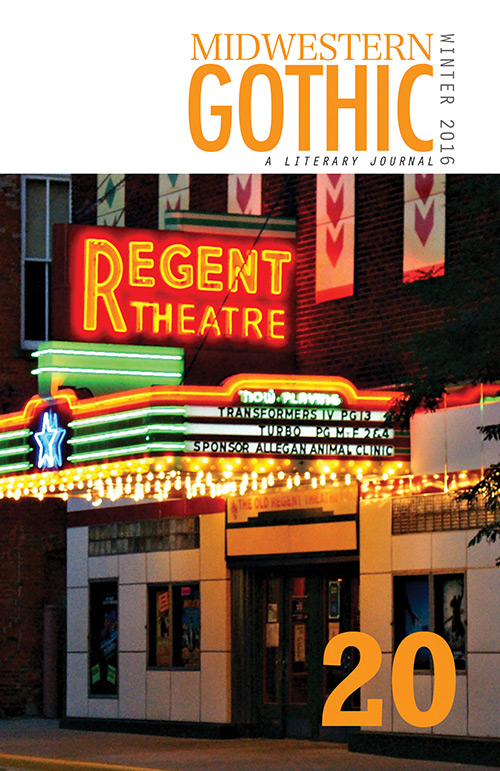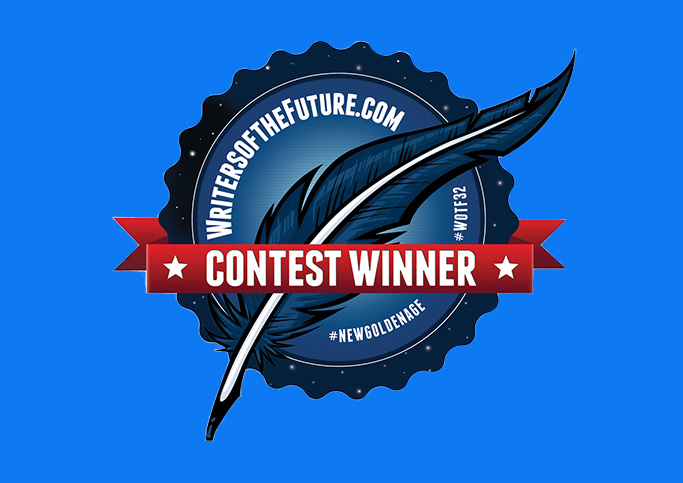24-Hour Walk for 826CHI
“I wonder how many steps I could take in one day?”
The first time that tangent popped into my head while walking around New Zealand, I didn’t think much of it. But it kept nagging me. So I asked, “Why not?” and decided to actually do it.
Then, I had another idea–what if I wasn’t doing it just for the heck of it, but for charity? People do that all the time, right?
So that’s my plan. On September 24th (or the a backup date, if weather isn’t cooperating), I’ll walk out of my house at 5:00 a.m. and won’t stop until 5:00 a.m. the following morning. I’ll hike the Des Plaines River Trail, which starts and finishes right here where we live in Des Plaines, Illinois.
 What am I walking for? I’ll donate money and raise awareness for 826CHI, a Chicagoland organization dedicated to supporting students age 6 through 18 with their creative and expository writing skills, plus helping teachers inspire their students to write. They do workshops, tutoring, field trips, and publish books filled with the work of their students. At the end of a lot of their programs, a professionally designed and edited book is created, so these kids can call themselves published authors.
What am I walking for? I’ll donate money and raise awareness for 826CHI, a Chicagoland organization dedicated to supporting students age 6 through 18 with their creative and expository writing skills, plus helping teachers inspire their students to write. They do workshops, tutoring, field trips, and publish books filled with the work of their students. At the end of a lot of their programs, a professionally designed and edited book is created, so these kids can call themselves published authors.
Midwestern Gothic worked with 826michigan to co-publish a book a year ago, and it was such a fantastic experience. Reading their work, seeing it take shape into Tell Me How It Was: Imagined Michigan Histories, and then hosting the launch party / reading was truly an honor to be a part of.
Why is this important? 826 is a national organization with many local chapters that teaches kids they don’t have to wait to have a voice.
Many of them will never call writing their profession. Some may not even like it. But the process of drafting a story, editing and polishing it, then crafting it into a physical object that exists in the real world teaches them what it means to make something out of nothing. It introduces them to storytelling–a skill that’s a huge advantage, especially in business.
The best thing about 826 programs is that it helps kids build confidence. Yes, they have something to say. They’ll have to fight and work to get it out into the world. But it’s worth it.
I’ll donate $5 per mile of my own money. If I manage to hit my goal of 80 miles, I’ll donate another dollar per mile on top of that.
Why am I posting this? If you’d like to help donate to this organization as well, I’ve set up a CrowdRise page that makes it easy to give any amount you’d like. They take a smaller portion of the proceeds than any other site, which keeps the focus on the cause. If anyone wants to walk with me for part of the route, I’d love to have company. Shoot me a message and we can figure out a way to coordinate.





